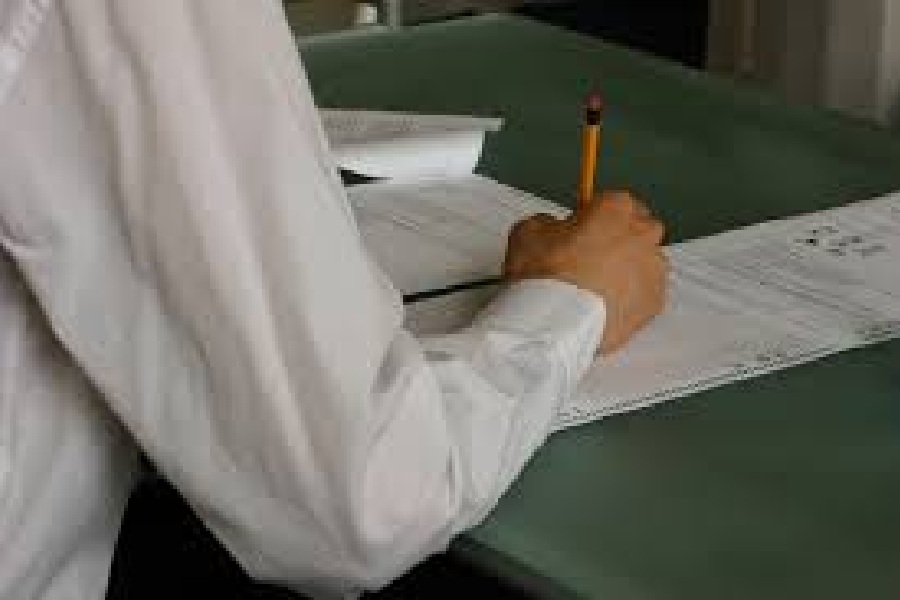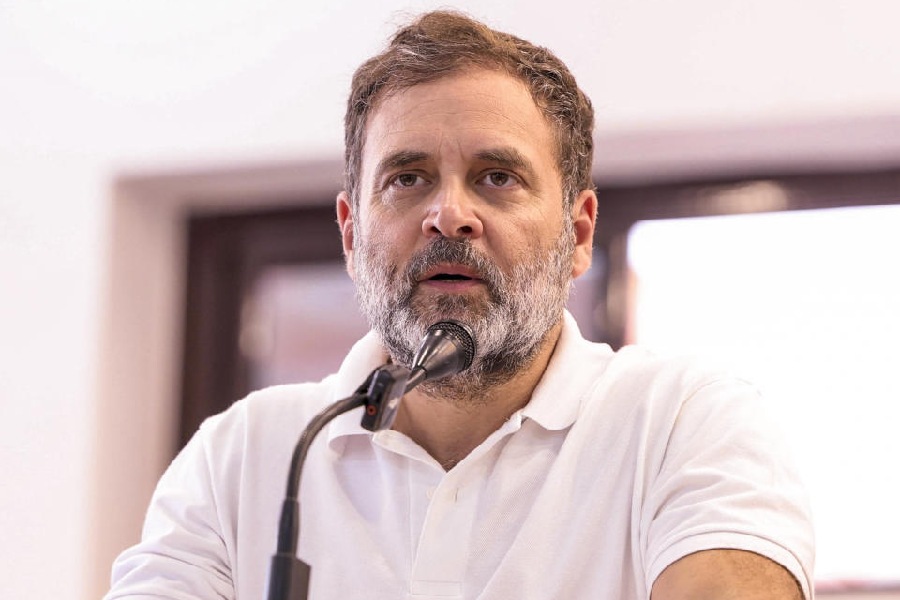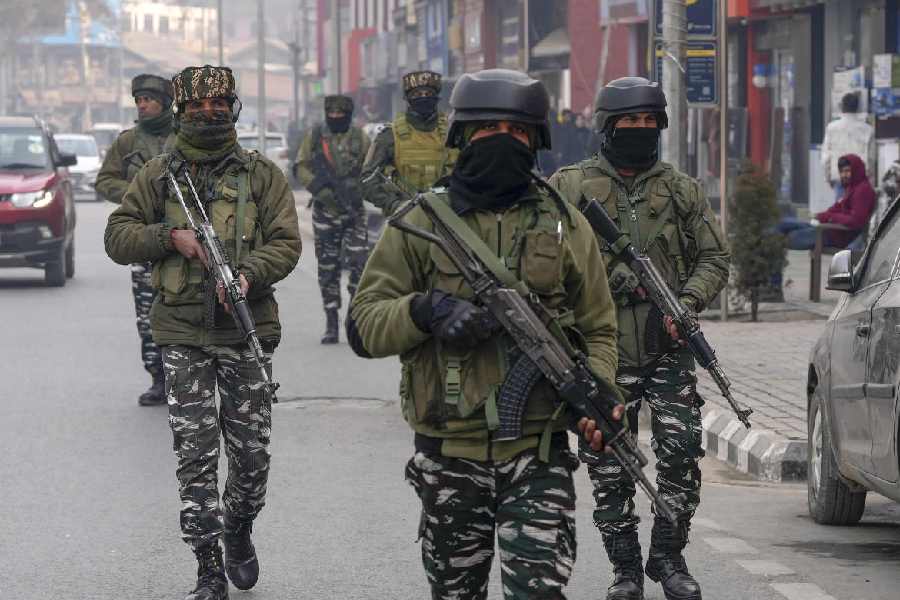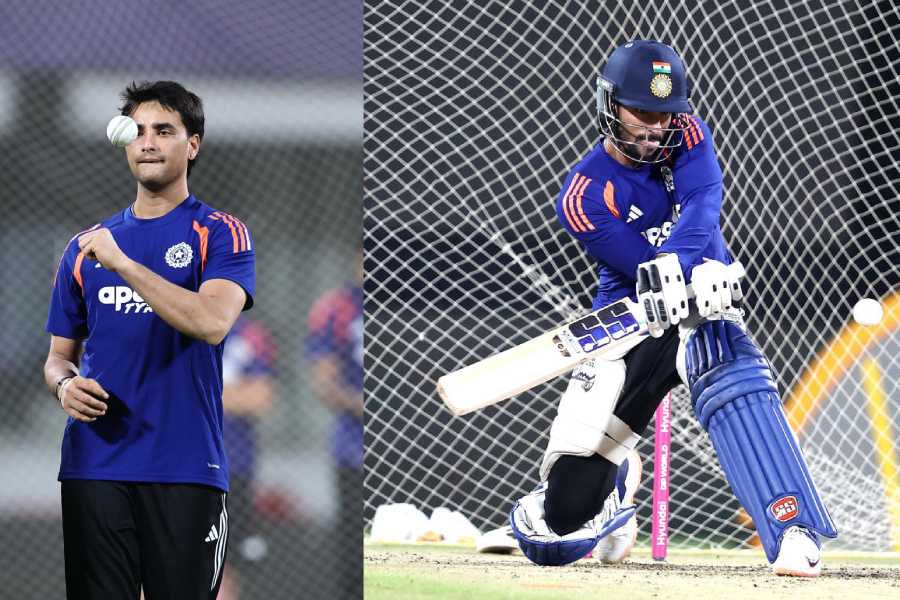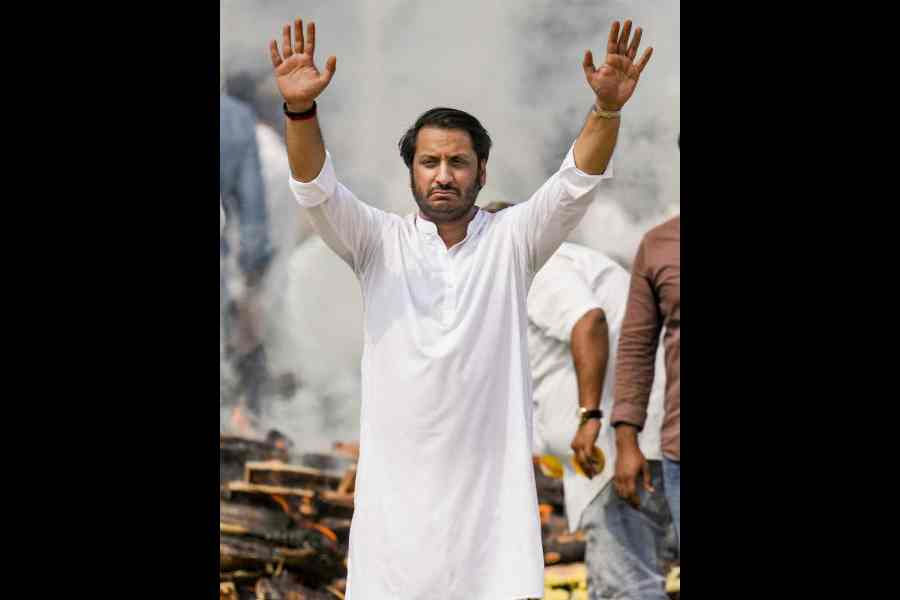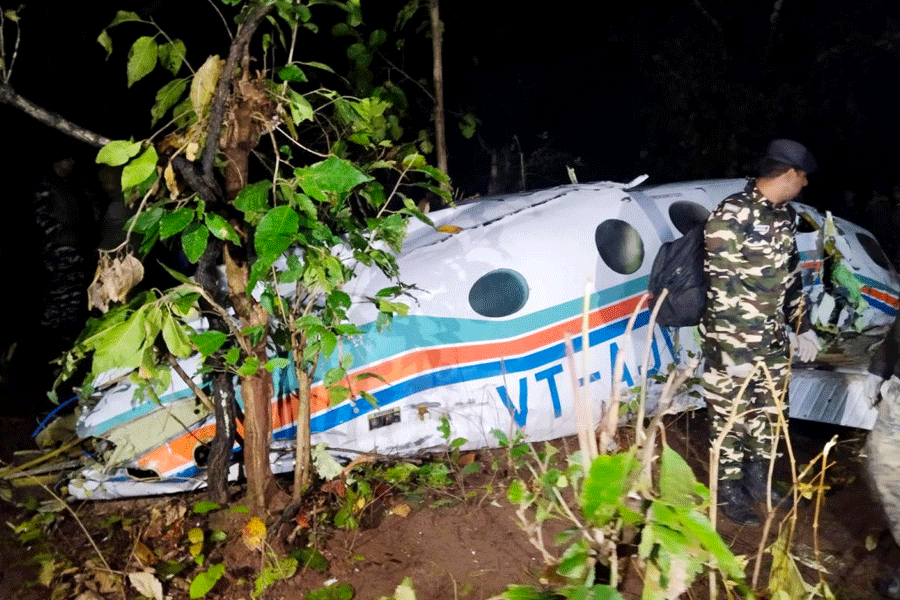In India, examination authorities issue guidelines to students taking their exams. In China, it is the Central government that does so. Two days before the start of the gaokao — it runs from June 7-10 — the pre-university examination that is supposed to be the most difficult in the world, the government issued guidelines for this year’s 13.3 million candidates, including reminding them about health check-ups and the clothes they should wear for it.
The university and the course you get decides your future and both depend on your gaokao score. No wonder, 40% of high school students suffer from depression, according to official figures. This time, parents are even more tense because some schools have begun implementing a five-day week for students in their first and second years of high school. While primary and middle schools follow this Central government rule, high schools were ignoring it because, of the three years that make up high school, the last two are spent preparing for the gaokao. However, after the government started punishing schools for disregarding the rule — removing school administrators, revoking school awards and barring schools from future awards — the rest began to fall in line.
Parents, however, are not impressed. Imagine having a gaokao-aspirant staying home over the entire weekend. To add to it, not all schools follow the policy so the fear
of some children lagging behind is immense. Interestingly, not all students are happy about the new policy either; some confessed to feeling guilty about sleeping in on weekends.
Cheat codes
However, this time, parents also have something to cheer about — a hotline for complaints about cheating in the exam. The government has, for the last couple of years, been using Artificial Intelligence to prevent fraud: facial recognition for admission, AI monitors in the classroom and so on. But students are always one step ahead. Earlier, there used to be proxies giving the exam and answers used to be relayed on tiny mobiles or earphones hidden on students’ bodies which somehow remained undetected despite the strict checks. Now, questions have started being ‘predicted’ using AI analysis of past exams. One online tutor offered a 100 yuan discount per set for those buying from his website: his discount price for two sets was 599 yuan, which he described as a “very good deal”.
Selling ‘model papers’ is passé in India; that it is just emerging in China shows how sacrosanct the system of setting papers for the gaokao has been. No wonder, this year the cyberspace department and the ministry of public security have both joined the ministry of education in conducting the exam.
For almost a decade, the government has tried to make the gaokao less stressful. They have managed to broaden its reach: now, vocational school students can also sit for it. However, that has only made competition tougher. The premium placed on this one exam can be seen by the cancellation and rescheduling of concerts by two Hong Kong pop stars because their schedules clashed with gaokao dates. One of them was scheduled to perform on June 1, just a week before the exam; the other on the exam dates: June 6, 7 and 8. One wonders why local authorities allowed these concerts in the first place. Those involved in granting permission for the second set of shows even defended their decision, arguing that the shows were scheduled for the evening after the exam was over, and the venue was 1.6 kilometres away from the nearest exam centre. Finally, they had to give in to public pressure. The organisers had to declare thousands of yuan as compensation for those who had booked flights, trains and hotels. For now, gaokao rules supreme.

